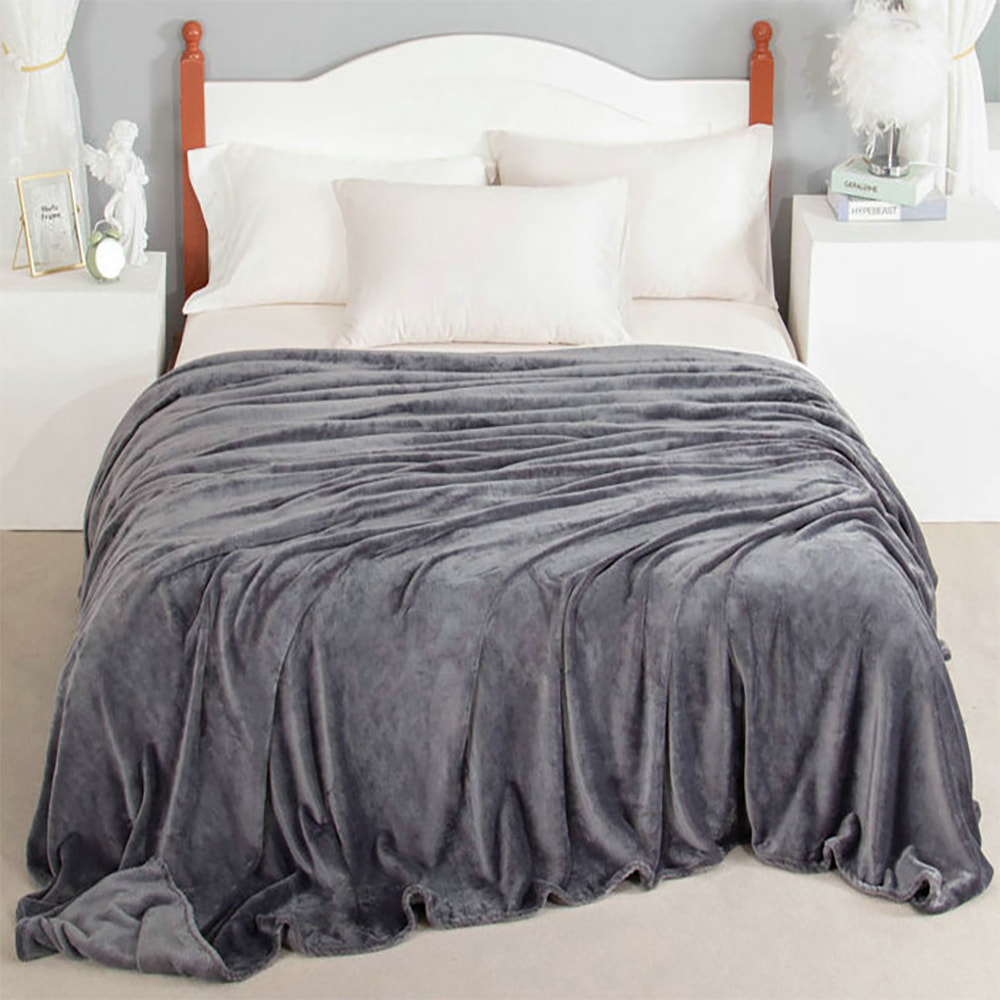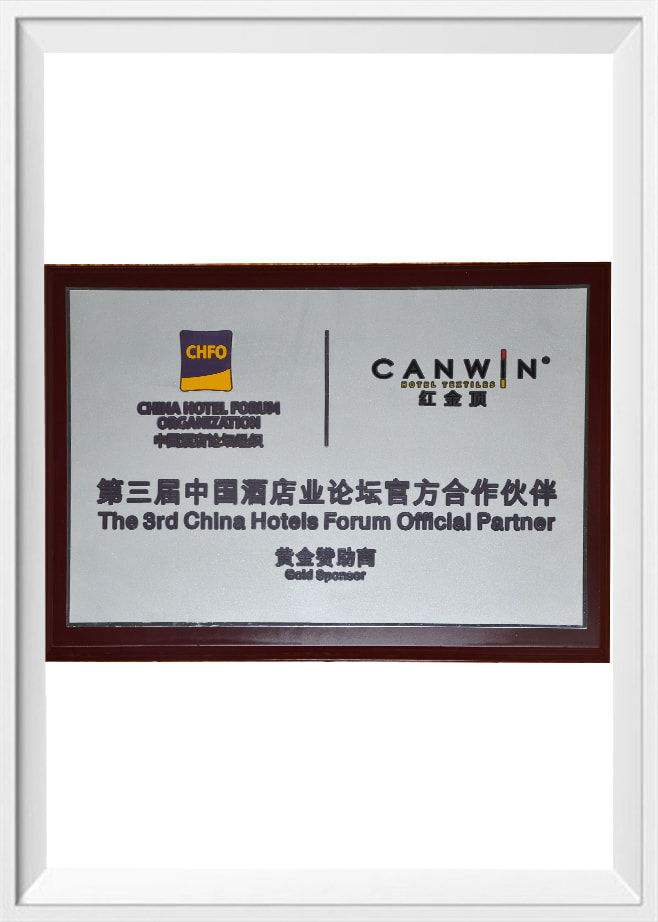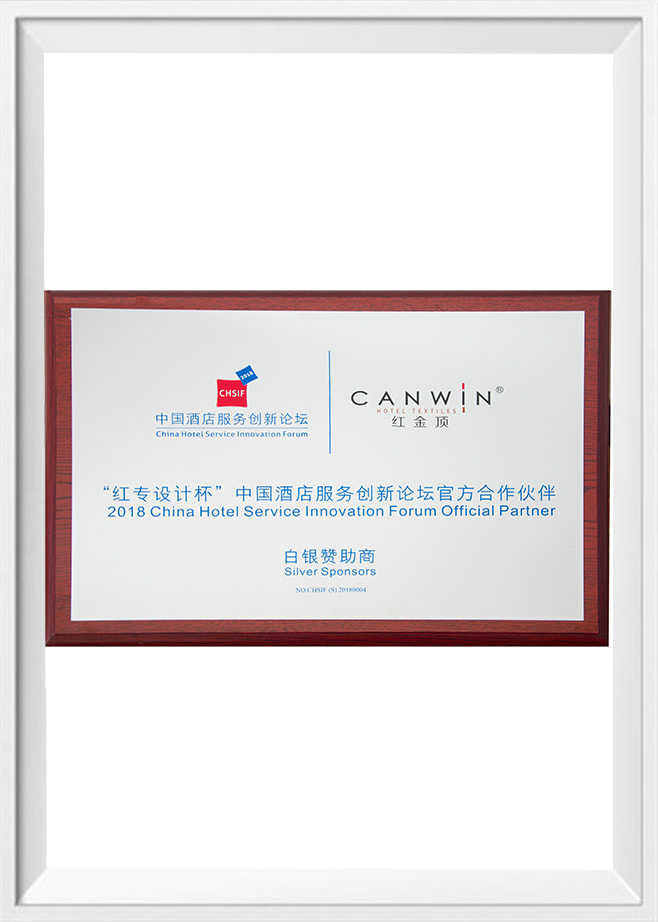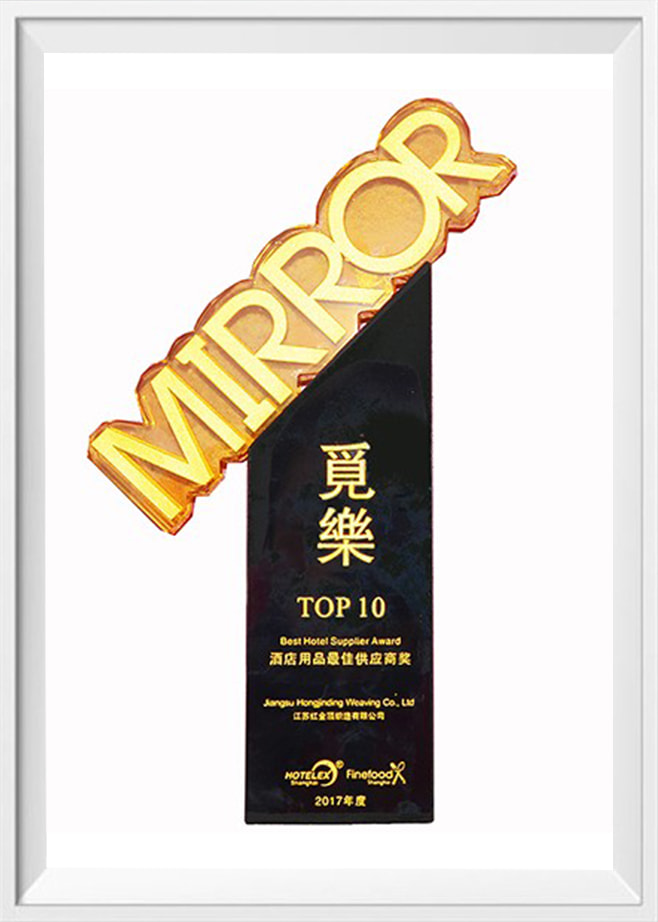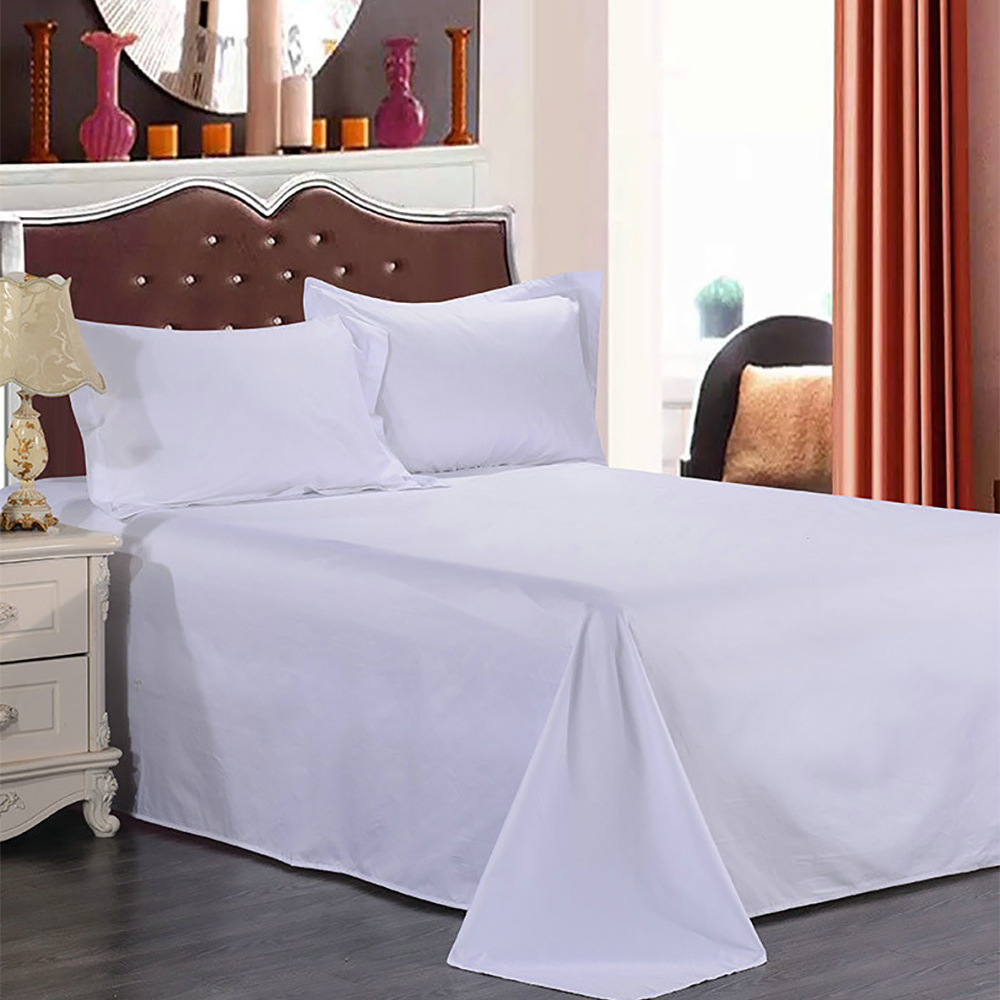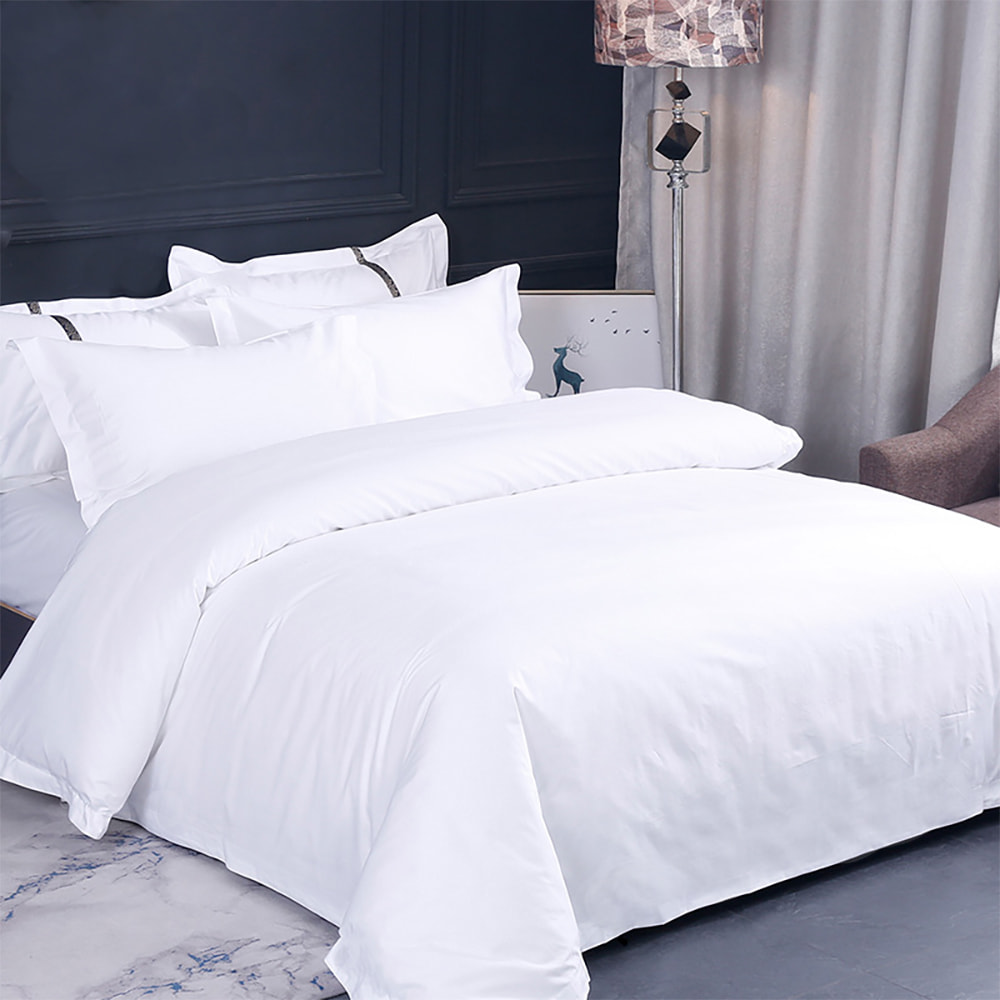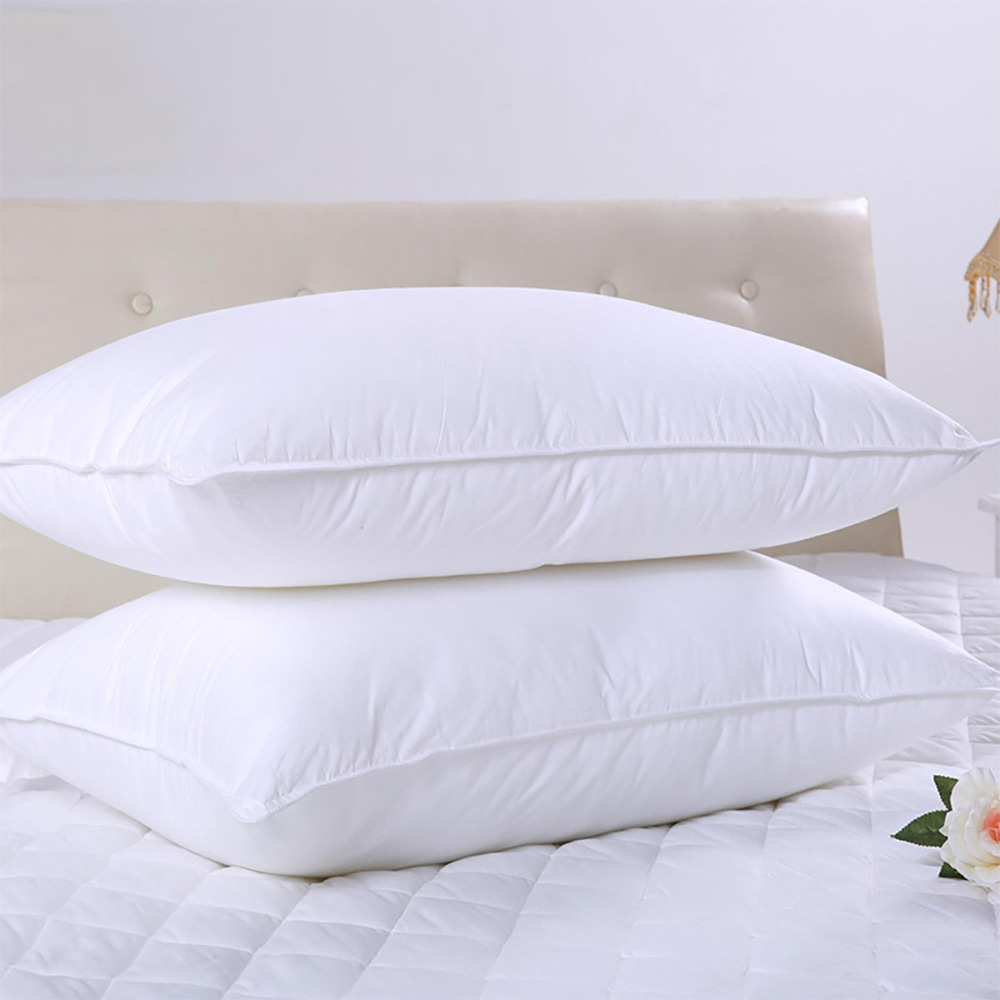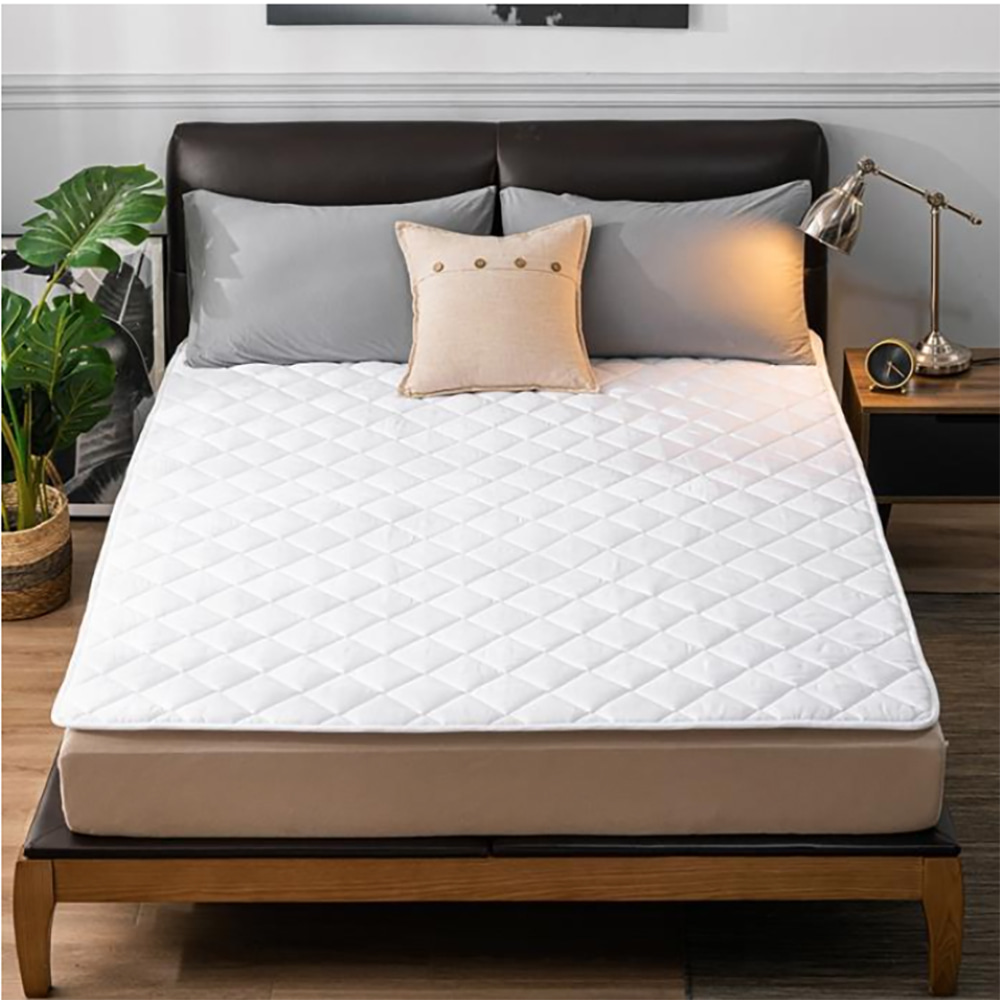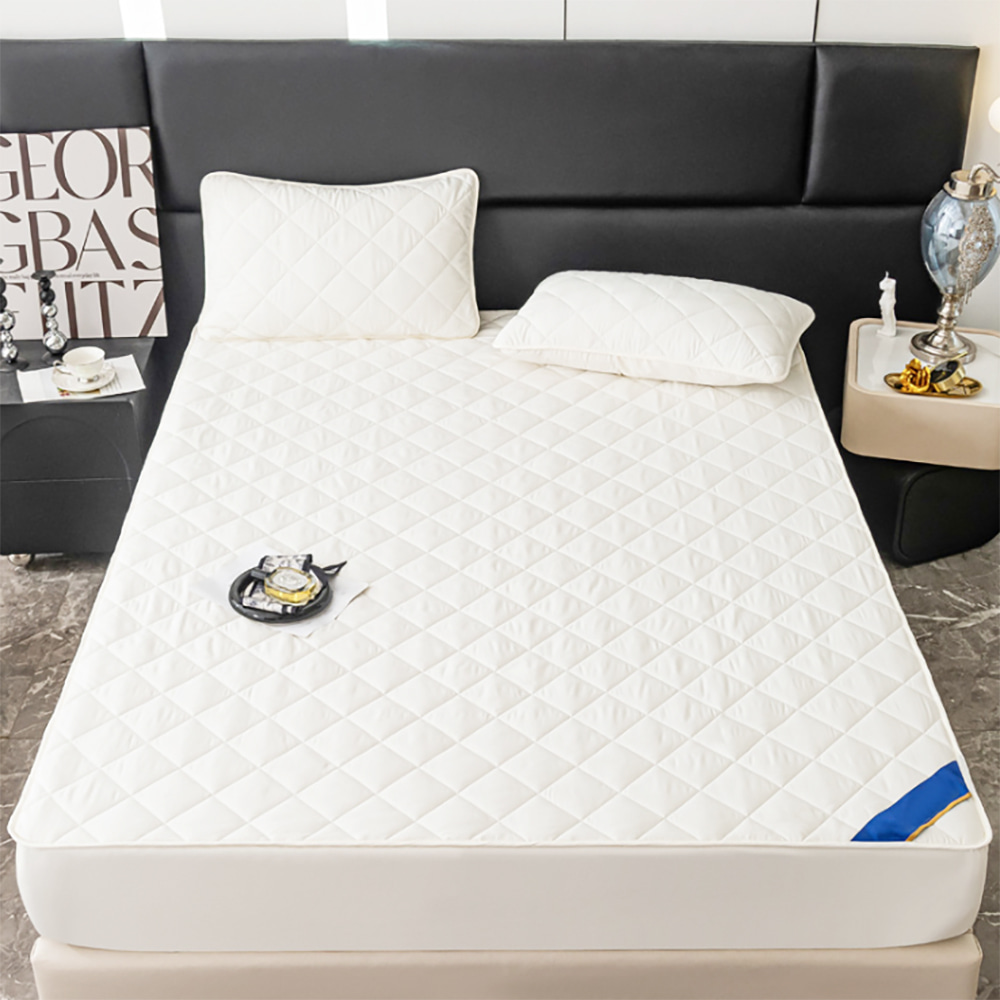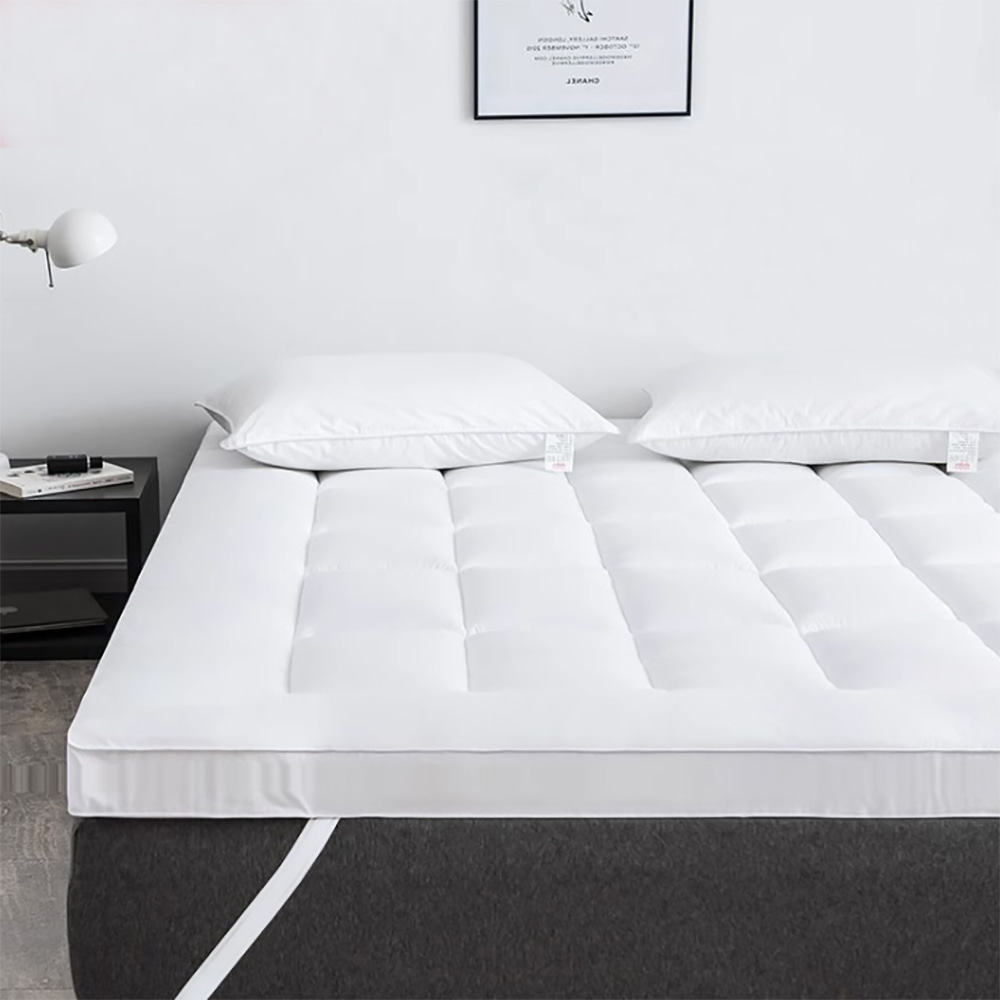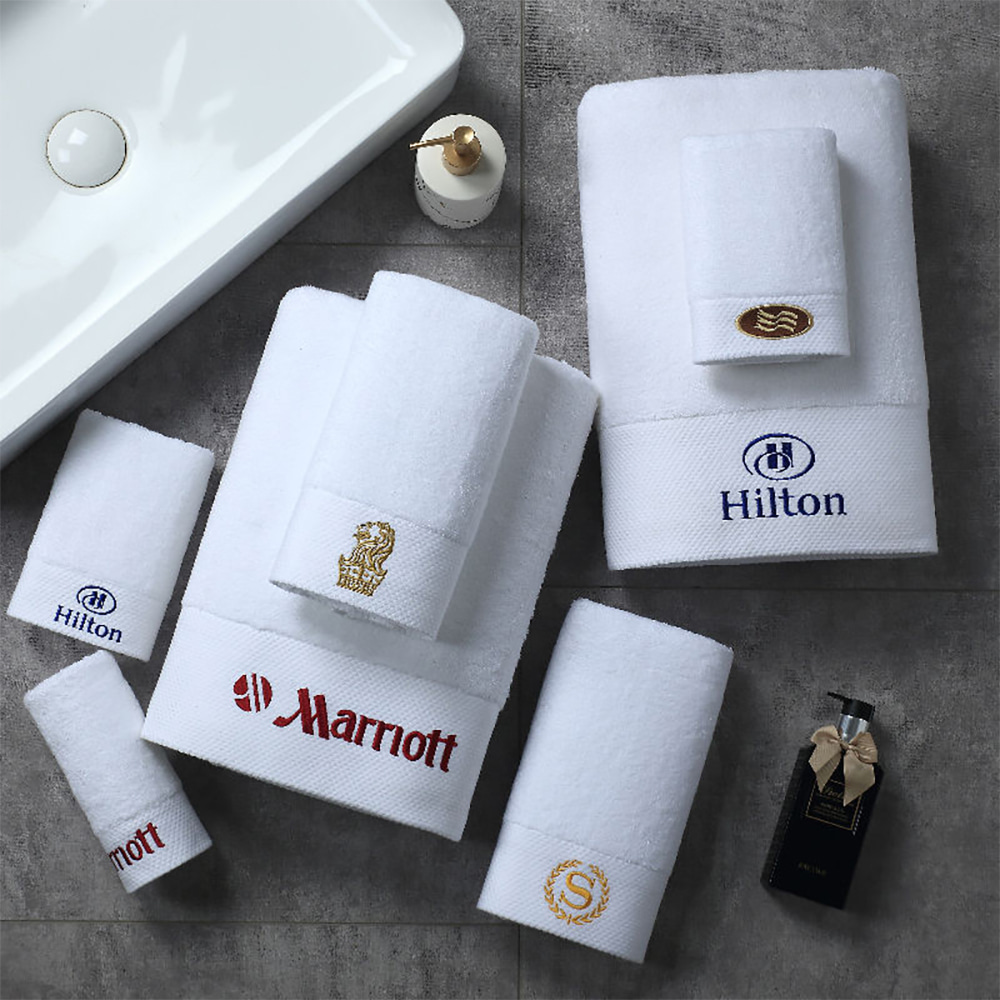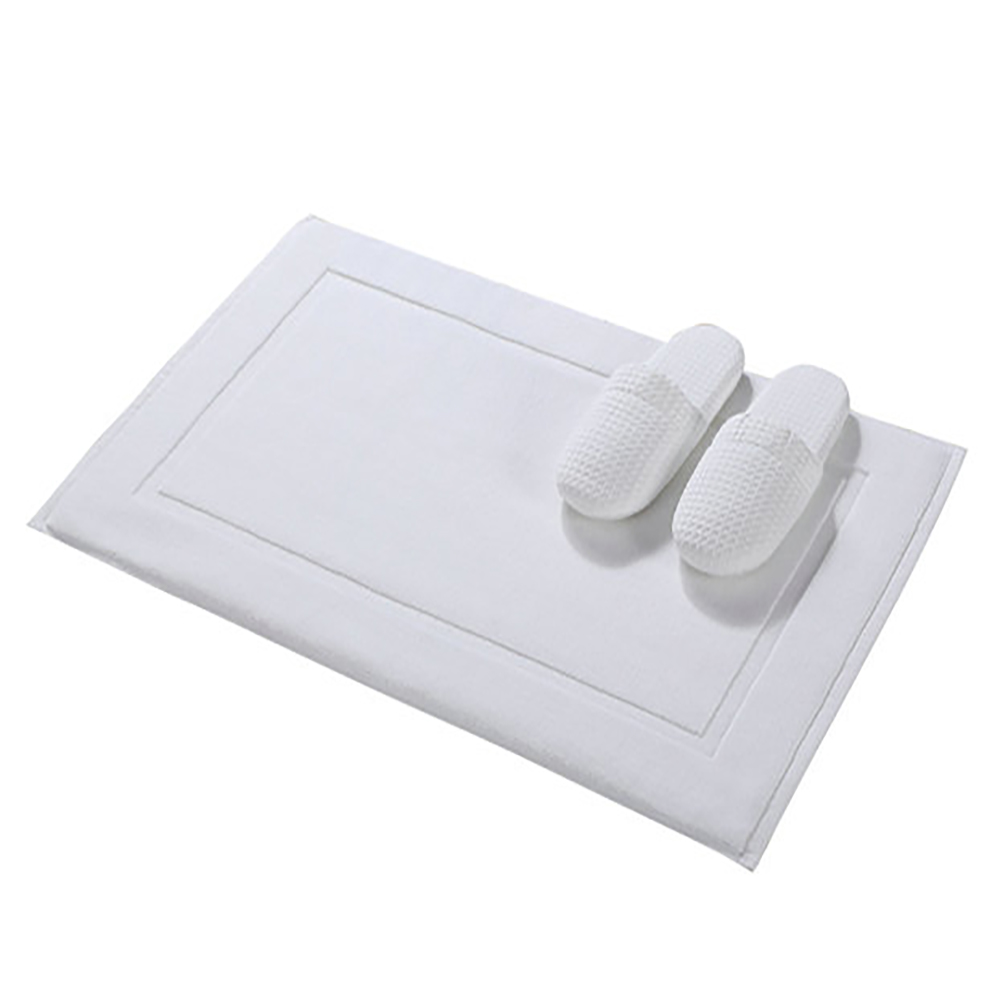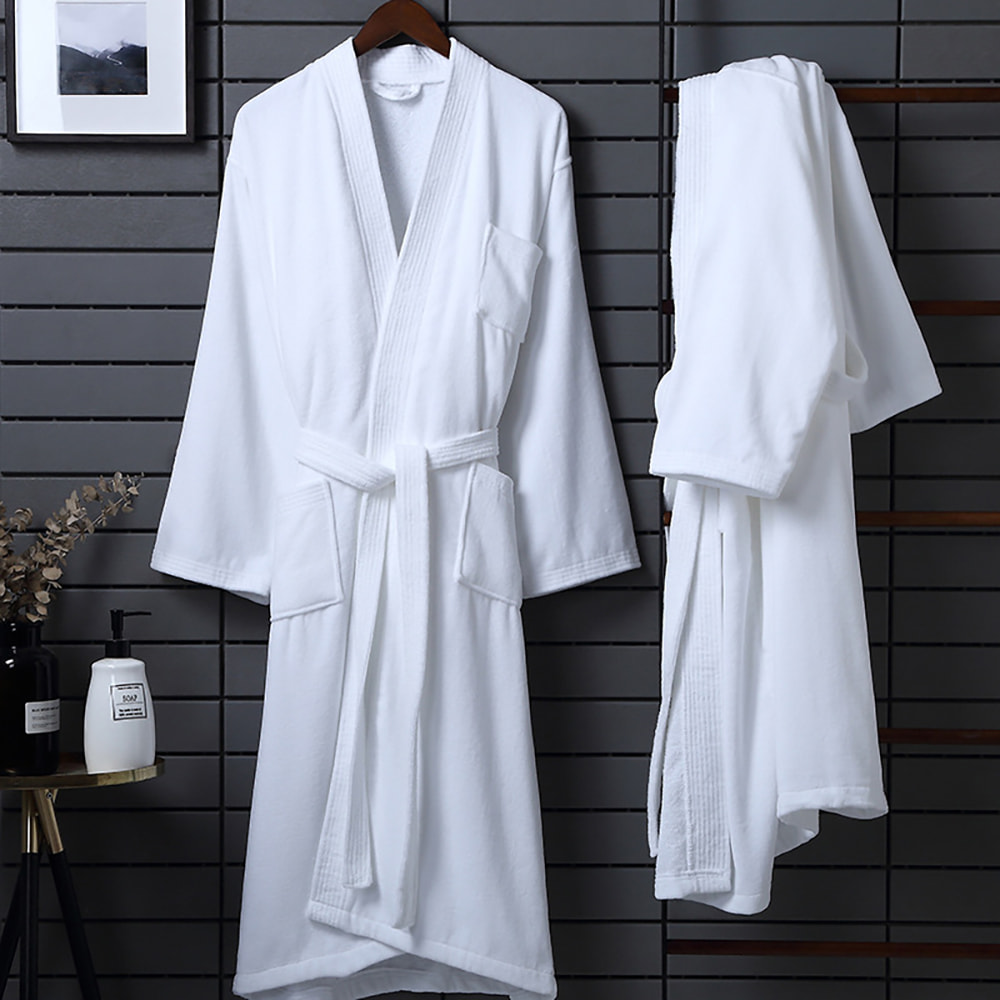The secret of keeping warm in hotel blankets: Which is better, polyester or wool?
The moment you step into a hotel, the warm atmosphere often makes people relax instantly, and this warmth is largely due to the soft and comfortable hotel blanket. When night falls and the cold wind rises, a high-quality blanket can not only provide physical warmth, but also give spiritual comfort. Among many materials, polyester and wool are favored for their excellent warmth retention performance.
Polyester fiber: warmth woven by technology
As a synthetic fiber, polyester fiber is widely used in the hotel industry for its excellent wrinkle resistance, wear resistance and easy care. In terms of warmth retention performance, polyester fiber can form a dense fiber layer through fine fiber weaving technology, effectively lock in air and reduce heat loss. In addition, polyester fiber also has good moisture absorption and perspiration function, and can maintain a certain warmth retention effect even in a slightly humid environment, avoiding the cold feeling caused by moisture accumulation.
For hotels that pursue cost-effectiveness and easy maintenance, polyester fiber blankets are undoubtedly an ideal choice. Not only are they relatively affordable, but they are also easy to clean and maintain, and can keep their appearance neat and fluffy for a long time, providing guests with a lasting warm experience.
Wool: Natural luxury
In contrast, as a natural fiber, wool has been a leader in thermal insulation since ancient times. The warmth retention of wool is mainly due to its unique fiber structure, which can form a large number of air pockets, effectively isolate the cold air from the outside, while allowing the moisture emitted by the body to be discharged, keeping dry and comfortable. In addition, wool also has good breathability and elasticity, can fit the body curve, and provide a more personalized warmth experience.
Wool blankets not only have excellent warmth retention performance, but also become the first choice of high-end hotels with their soft feel and luxurious texture. They can give guests a warm and elegant accommodation experience, as if they are in the arms of home. However, wool blankets are usually more expensive and require more meticulous maintenance, such as regular dry cleaning and avoiding exposure to the sun, which to a certain extent increases the operating costs of the hotel.
In fact, polyester fiber and wool have their own advantages in warmth retention performance, and it is difficult to generalize which one is better. The choice of material for hotel blankets should be based on a comprehensive consideration of many factors such as the hotel's positioning, guests' needs, and cost budget.



